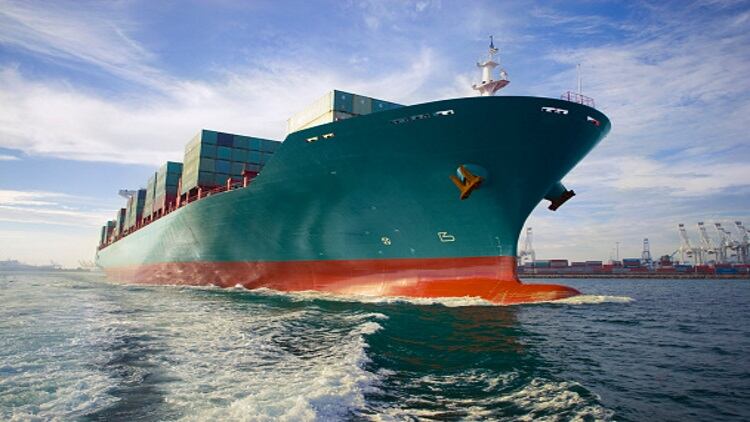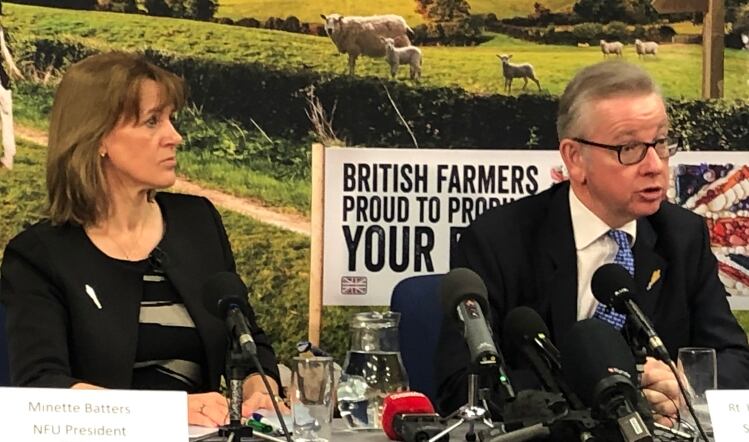The Government outlined the tariffs that would be applied, should no deal be agreed by the 29 March deadline.
The majority (87%) of imports would be eligible for zero-tariff access, but the UK meat sector has been earmarked for protection, with tariffs applied to imports of beef (52% of current EU Most Favoured Nation rate), pork (13%) and poultry (60%). The dairy (32% for butter and 13% for cheddar) and grain (83%) sectors would also have tariffs applied, should there be a no-deal situation.
If there is no deal agreed upon by 29 March, these tariffs will be applied for 12 months, while a full consultation and review is undertaken.
Disgraceful
Food & Drink Federation chief executive Ian Wright said two weeks’ notice was not enough for the industry.
“Today’s announcement on tariffs underlines why the UK is not ready to exit the EU on 29 March. Business cannot adapt to this new regime in just two weeks. It is disgraceful; that we are, only now, getting to see these. There must be proper consultation with business before a change of this magnitude is introduced.
“We were promised that business would only have to adapt to one new change of rules; it’s now clear that promise has not been kept.”
Wright added: “This new system is confusing and complex.
“It includes some zero tariffs, some new tariffs and some quotas. Some foodstuffs qualify for partial protection and some not for any protection at all; with little logic to explain the difference. New tariffs will apply to some foods that are currently imported tariff-free, yet no tariffs will be applied to goods that cross the border between Ireland and Northern Ireland. This is likely to result in massive trade distortions.
“In a world where it is costly and complex to export finished goods to the EU, and costly and complex to import key ingredients, many food and drink manufacturers who trade with the EU will surely question whether the UK is the right place for them to be.”
Appalling
National Farmers Union president Minette Batters described the short notice given to the industry as “appalling”.
“While we are relieved that we are finally able to see the tariffs that will be applied on imported food in a ‘no-deal’ scenario, it is appalling that we only now have this opportunity to do so – a fortnight before they could come into effect. Farmers and food businesses have no time to prepare for the implications, which will be exacerbated by the fact that we will face tariffs on our own exports on food into the EU and other countries with whom we currently enjoy free trade arrangements.”
Batters warned that even the most protected sectors would struggle. “Although we are pleased to see that the Government has listened to our concerns and elected to treat many agricultural sectors sensitively, which may support farmers who are already facing disastrous disruption from a no-deal, it is enormously worrying that some sectors will not have this protection – noticeably eggs, cereals, fruit and vegetables.
“Even those sectors that are treated sensitively will, in most instances, see worrying and large reductions in the tariff rates currently charged on non-EU imports. Furthermore, the approach taken by the Government to lump products under the same high-level tariff code, for example whole carcases and high-value cuts of fresh beef, means there is a high chance of market distortion for many sectors that are deemed to have been treated sensitively.”




